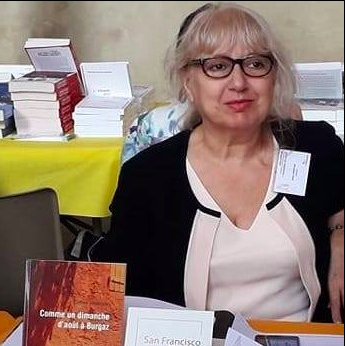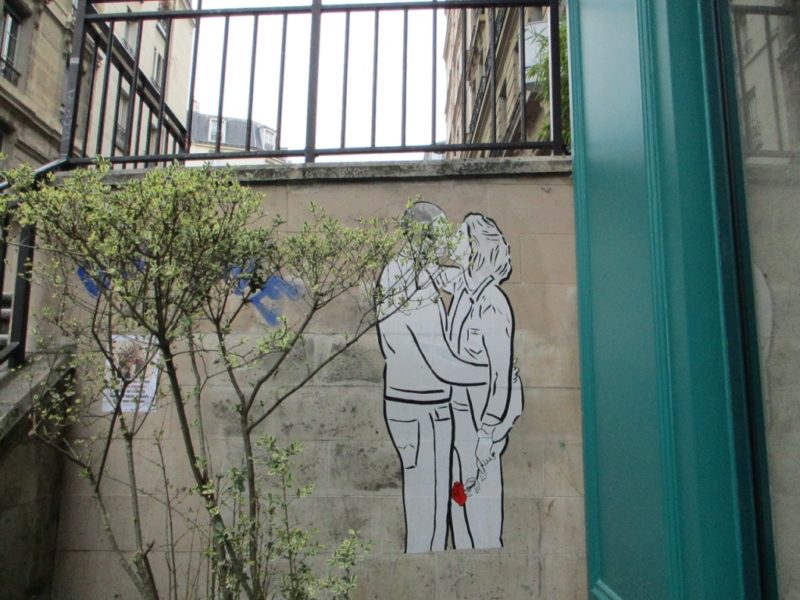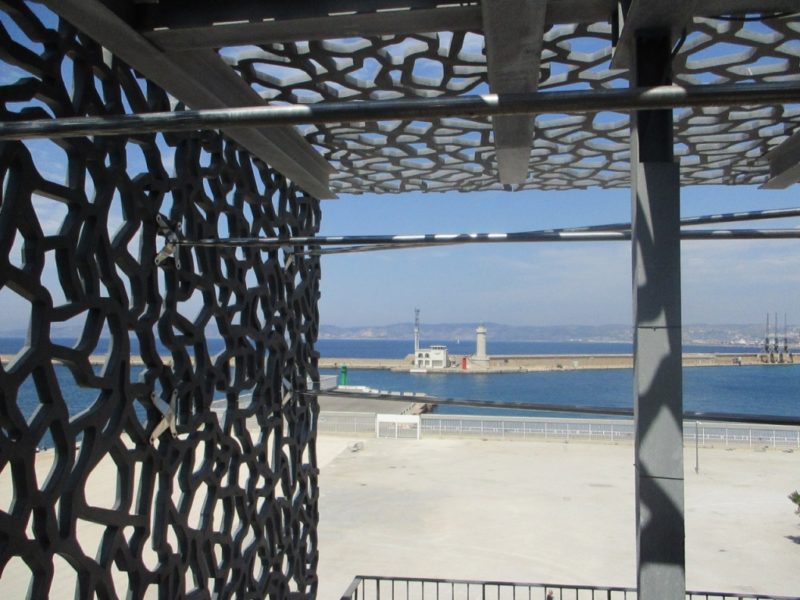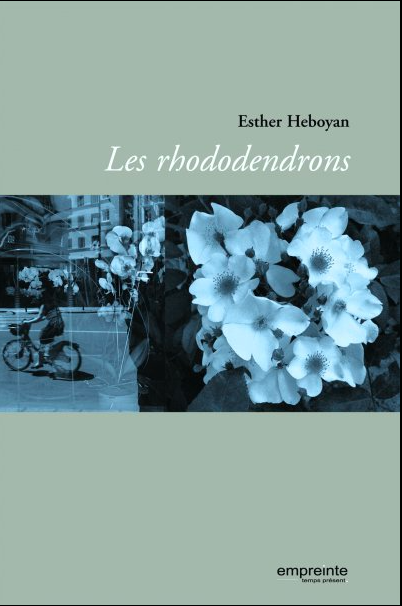“I am not an Athenian or a Greek, but a citizen of the world.” – Socrates
Poet Esther Heboyan has led a peripatetic life. Born in Istanbul to Armenian parents in 1955, she attended Armenian school there before fleeing Turkey with her parents to Germany in 1960 and then on to France. Her gypsy ways continued over the years and led her to study and live throughout Europe, with a stop along the way in the state of Iowa. She also completed a Ph.D. in American Literature from Paris III-Sorbonne Nouvelle and is now a professor at the University of Artois in Arras, near Lens. Multilingual by choice and necessity, Heboyan has written five volumes of poetry, fiction and essays, as well as translated both Nadim Gürsel and Moris Farhi from Turkish into French. So it comes as little surprise that the poems in her most recent book Of Days and Nights should also take the reader on a trip around the world. “It is better to travel well than to arrive,” the great Buddha once intoned. The same may be said to be true of Heboyan’s poetry, which leaves one wanting more not necessarily due to innovation of style or beauty of language — though both are present in these lines — but simply because she is able through her words to impart her own wanderlust and longing to the reader.
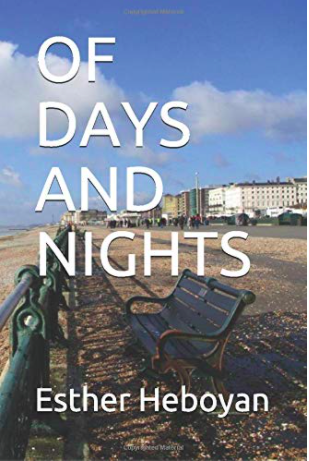
The themes in Of Days and Night are several, although love, both its affirmation and repudiation and at times her exasperation with it, hold center stage. Descriptions of strangers meeting in the night — or missing each other — recur, as does for example the usually prosaic airport as a locus Heboyanicus. Take the introductory “The Waters That Bind Us,” where the poet writes:
i reached the airport without you
that crosscurrent Monday you asked



